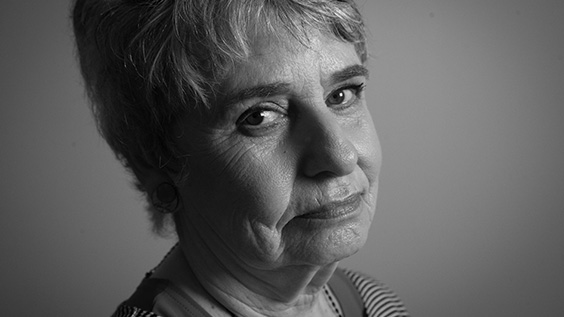On September 23, close to 200 people joined a Justice Centre zoom event featuring Toby Young, head of the Free Speech Union in the United Kingdom; Canadian author and columnist Barbara Kay; Justice Centre staff lawyer Lisa Bildy; and Lindsay Shepherd, Campus Free Speech Fellow with the Justice Centre. Several attendees requested a list of helpful sources of information cited by Barbara Kay in her presentation. This is an excerpt:
One of the positive results of cancel culture has been the explosion of extraordinary writing talent in the conservative camp: books like Douglas Murray’s The Madness of Crowds, which I highly recommend, but also new online ideas-oriented publications and podcasting devoted to the defence of freedom of speech, science and reason.
For crystalline clarity in explaining Critical Race Theory visit newdiscourses.com, run by James Lindsay and Helen Pluckrose. (They have also just put out a great book called Cynical Theories).
Quillette, chock a block with intrepid, lucid reportage and personal experiences demonstrating Woke extremism, as well as their excellent podcast interviews.
I also like UnHerd, Areo Magazine and anthro{dendum} (the blog formerly known as Savage Minds), as well as Spiked Online and The Spectator, both UK and American versions.
In Canada, c2c journal publishes uniformly high-quality ideas pieces that beat against the politically correct current of Canada’s chattering classes. And I’m a fan of “the little magazine that can,” as I once dubbed it, Canada’s semi-annually published Dorchester Review, where objective historians of western civilization are grateful to find a welcoming home.
In the U.S., there’s Heterodox Academy, where members engage with “a community of peers.” HxA also holds conferences you can attend.
Also in the U.S., there’s The College Fix, which is run by the Student Free Press Association. They work with college-aged writers, bloggers, tweeters, podcasters, and viral video makers who are committed to the principles of a free society and aspire to careers in the media. I wish we had a Canadian equivalent of that.
Finally, there’s the National Association of Scholars (NAS), a fellowship of dissident academics standing up for the classic liberal arts, who push back against ideology-motivated “scholarship,” like the controversial 1619 project, to which they mobilized a quick and effective response. In June they published a list of 99 academics who had been cancelled in the US and Canada, and they will keep adding to the list on a regular basis. Canada’s Society for Academic Freedom and Scholarship (SAFS) is a modest, but worthy organization with similar goals and methods, and the winner of the Justice Centre’s 2020 George Jonas Freedom Award. In both organizations, the membership is skewed to retired academics, who have nothing to fear from the mob.
Remember as well that social media is a two-way street. Mrs. Kay tweets all the great articles she reads and sometimes they end up getting thousands of views. Even such small actions as a “like” or a “retweet” can feel empowering in the present climate. And remember, when you tweet a dissenting article to influential ideologues and politicians, all their followers see it too.
Last but not least, it is important to encourage organizations that support victims of rights oppression. The Justice Centre defends citizens’s Charter rights of speech, conscience and association from government overreach. Toby Young of the Free Speech Union defends speech freedoms in the workplace, on campus and in social media.
In the U.S. there is FIRE (the Foundation for Individual Rights in Education) for campus victims, and the Alliance Defending Freedom which defends the rights of Christians.

